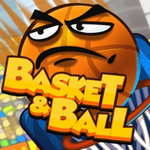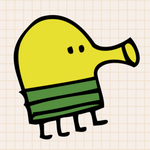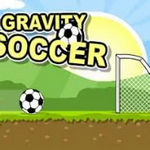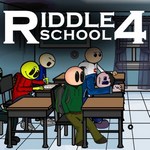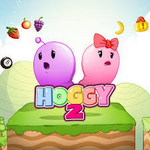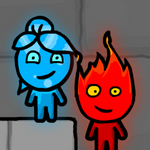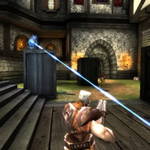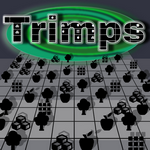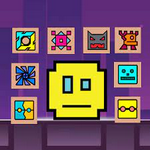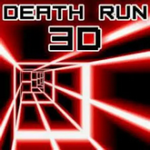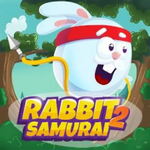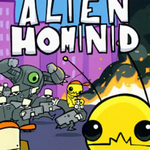
rock paper scissors Unblocked
## Rock, Paper, Scissors: More Than Just a Child's Game
Rock, paper, scissors. A seemingly simple game of chance, played by children and adults alike. But beneath its deceptively straightforward rules lies a surprisingly rich history and a surprising depth of strategic nuance.
From Ancient China to the Modern Day:
While its exact origins are shrouded in mystery, the game's roots can be traced back to ancient China, where it was known as "Shui, Shi, Bu" (water, stone, cloth). It is believed to have spread to Japan around the 17th century, where it became known as "Janken". The modern version, "Rock, Paper, Scissors," is thought to have originated in the Western world in the 19th century.
Beyond Chance:
While many see rock, paper, scissors as a purely random game, its simplicity masks an intriguing strategic dimension. The key lies in predicting your opponent's move. Experienced players can subtly read body language, recognize patterns in their opponent's choices, and even develop "tells" to gain an edge.
More Than Just a Game:
Beyond its entertainment value, rock, paper, scissors has found its way into various aspects of modern life:
* Decision-Making: It's used to resolve disagreements, break ties, and even make important choices in some cultures.
* Scientific Research: Scientists have used rock, paper, scissors to study evolutionary game theory, modeling the interactions between competing species.
* Pop Culture: It's featured in movies, TV shows, and video games, showcasing its enduring popularity.
A Timeless Classic:
From its ancient roots to its modern-day applications, rock, paper, scissors has proven its staying power. Its simplicity, strategic potential, and cultural impact have made it a timeless classic, enjoyed by people of all ages and backgrounds. So next time you play, remember that there's more to this game than meets the eye.

